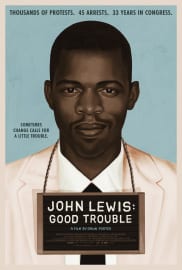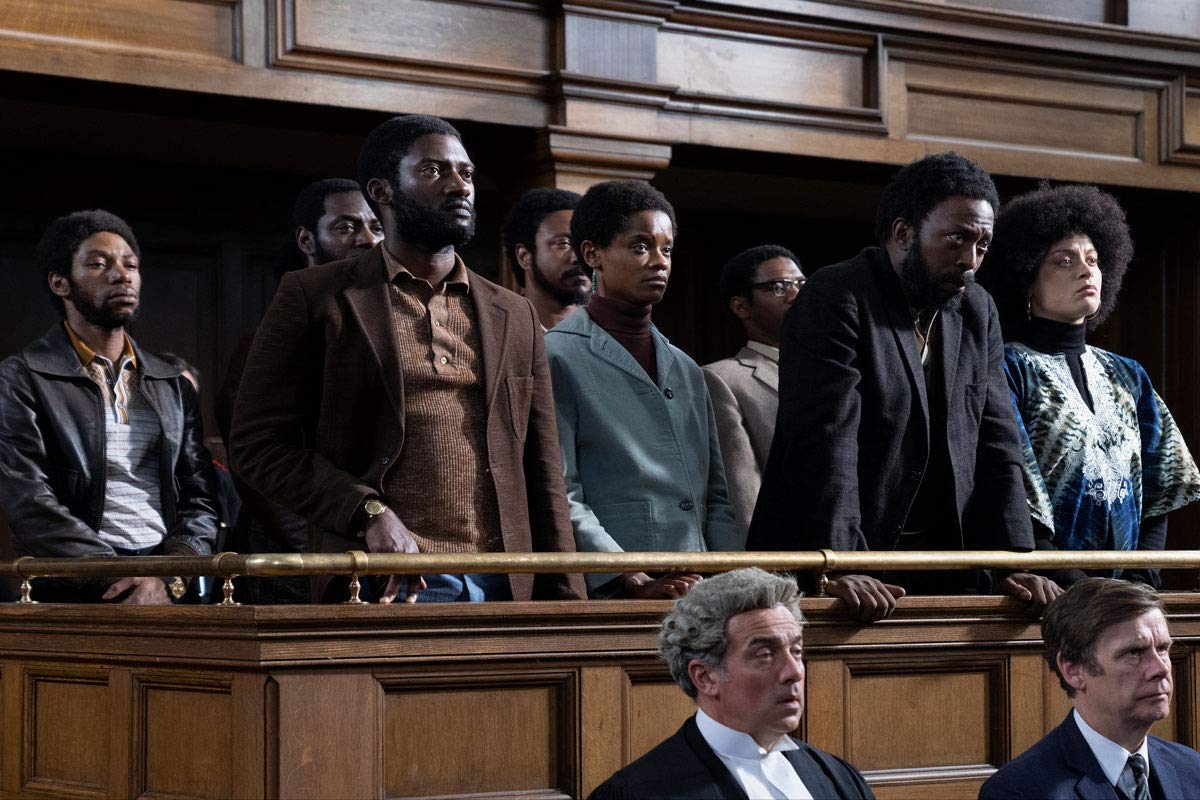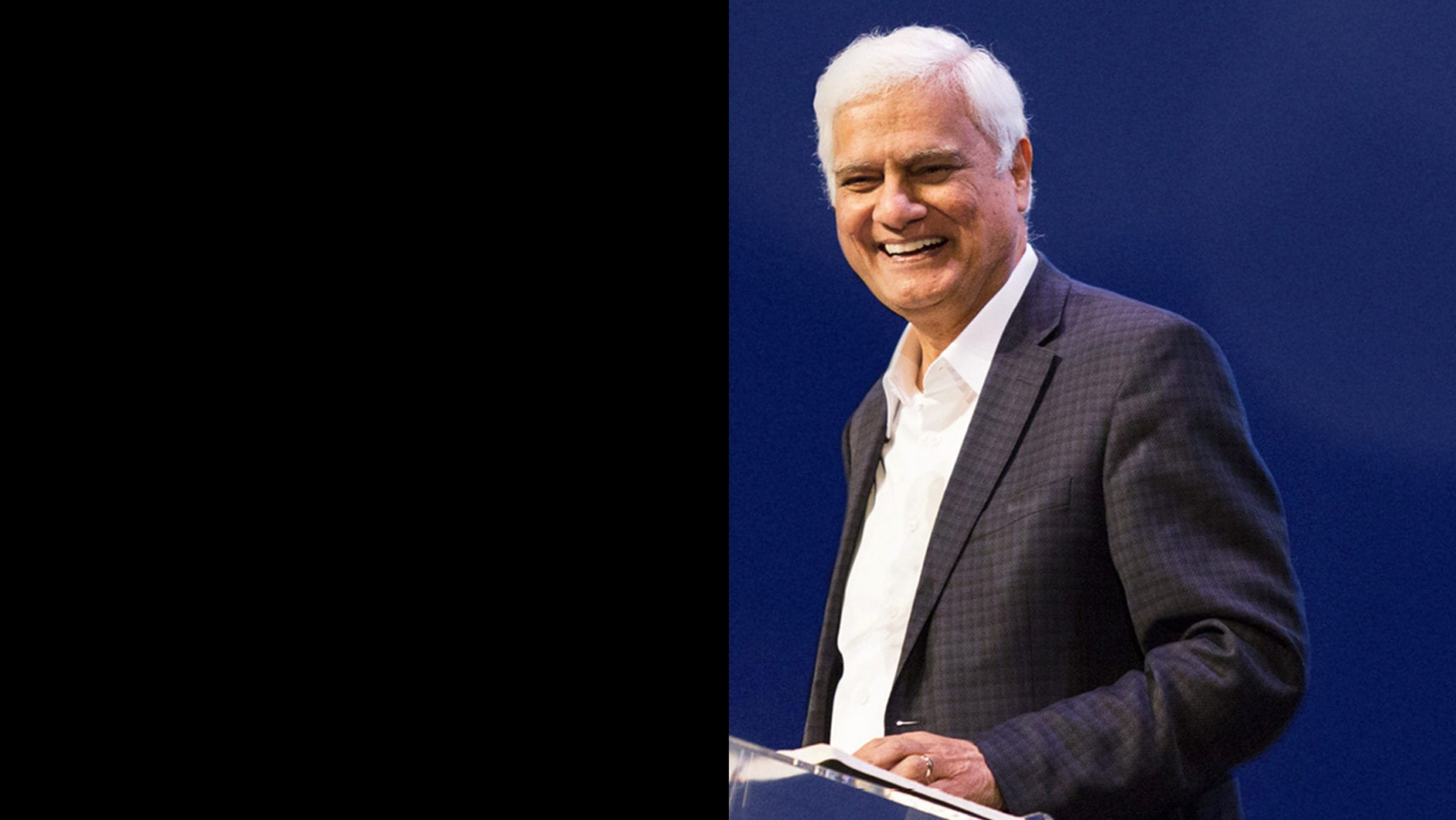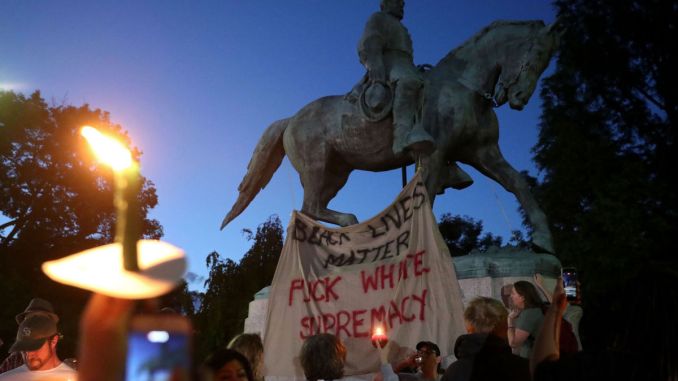
Good Trouble and Bad Trouble
Sometimes what is going on around us colors what we see when we watch a film. For example, today (I?m writing on January 6, 2021) I chose to watch the wonderful documentary John Lewis: Good Trouble. Part way through, my wife came out and told me to turn on the news, where a seditious mob…



